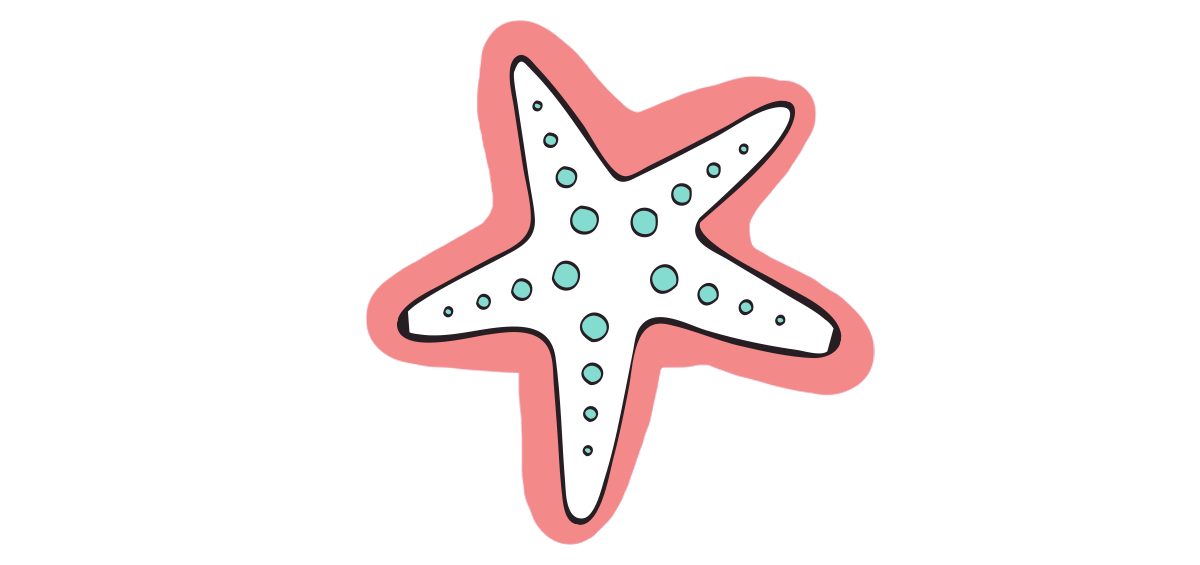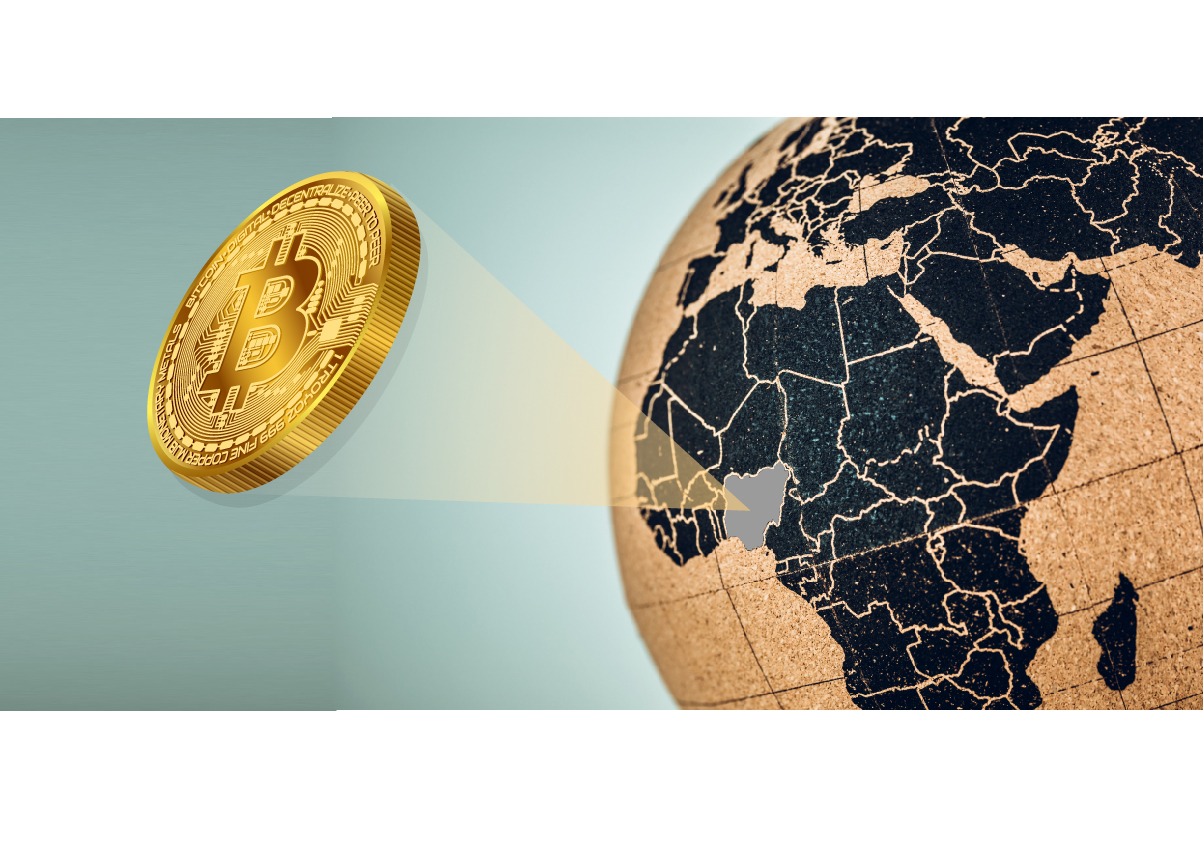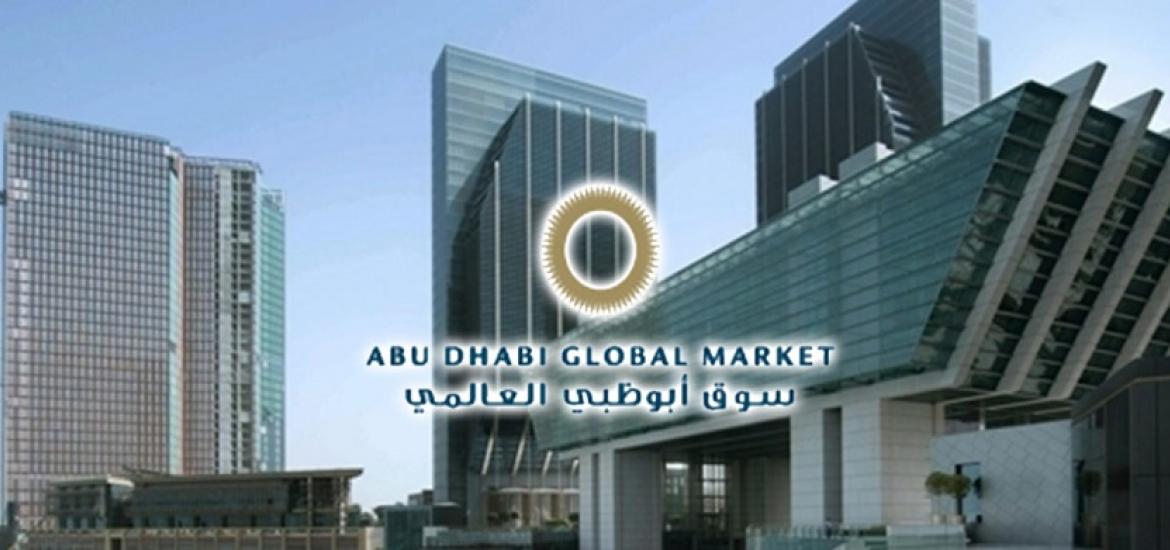An internet shutdown is defined as “an intentional disruption of internet or electronic communications, rendering them inaccessible or effectively unusable, for a specific population or within a location, often to exert control over the flow of information”.[1] Studies show that trends towards internet shutdowns are on the upswing, particularly in Africa. A report by Access Now, an international human rights organization, shows that internet shutdowns increased by 47% in Africa from 2018 to 2019, with an estimated cost of USD 2.1 billion to the economy in 2019.[2] There was also an increase in the number of African countries, 10 in 2018 and 14 in 2019, that shut down the internet.[3] More disturbingly, 7 out of the 14 countries in 2019 had not shut down the internet in the recent past, indicating the increasing attractiveness of this option to governments.[4]
Legal Standards
While there is no distinct international rights regime governing access to the internet, resolutions of the United Nations Human Rights Commission (“UNHRC”) have repeatedly affirmed that ‘offline’ rights would also be applicable on the internet.[5] Therefore, the standard by which restrictions on speech are determined to be legal would be applicable to internet shutdowns. The International Covenant on Civil and Political Rights[6] and African Charter on Human and Peoples’ Rights[7] (the “Charter”) provide a similar regime for free speech protection.
There are three grounds on which restrictions on speech are assessed by African regional and domestic courts – (a) legality; (b) legitimacy and (c) necessity and proportionality. All restrictions on speech are required to be ‘legal’, that is based on legal authority. Governments should be acting on the basis of a law that gives it the power to shut down the internet.[8] Restrictions on speech to protect human rights or public order are typically considered legitimate restrictions. The African Court of Human Rights, in a case involving the legality of criminal defamation charges filed against a journalist by Burkina Faso, noted that the laws must be “sufficiently precise” to provide clarity to law enforcement agencies on the contours distinguishing legal and illegal restrictions.[9] In this particular case, the African Court held that the relevant provisions of the Information Code and Penal Code of Burkina Faso were indeed drafted with the requisite clarity and precision.[10] However, secret laws and general emergency and national security laws fall well short of the requirement.[11] Further, the African Court has noted in multiple judgements that the restriction also needs to serve a legitimate purpose. This legitimacy has been affirmed to be restrictions that protect human rights or national security, public order, public health or public morality.[12] Typically, States are afforded a wide margin of appreciation in evaluating this particular restriction on speech. For instance, the African Court was seized of a dispute involving charges filed against a politician in Rwanda for a speech alleged to have minimised the crime of genocide.[13] Here the Court implicitly conceded that the domestic law prohibiting the ‘minimisation of genocide’[14] was “couched in broad and general terms”[15] but attributed it to the nature of the offences which it held were difficult to be precise about.[16] It held that states enjoy a margin of appreciation “in defining and prohibiting some criminal acts in its domestic legislation” – and that therefore this domestic law satisfied the requirement under Article 9(2) of the Charter.[17] Access Now also reported that governments seldom substantively justify internet shutdowns. When the Ethiopian Prime Minister shut down the internet in 2019, he simply said that it is being done to save lives and may even be permanent since the internet is “neither water nor air”.[18] The UN Special Rapporteur on Freedom of Expression even noted that Ethiopian officials were unable to provide him with a legal basis for internet shutdowns, which appear to take place through the government’s general emergency powers.[19] Restrictions on online speech are also tested on the grounds of necessity and proportionality. The test of necessity evaluates whether the purpose of restricting speech is legitimate in a democracy. The restriction of speech to uphold countervailing rights may qualify, but the state would still need to justify that the speech restriction was the appropriate or necessary tool to achieve that objective. For instance, the shutting down of the internet before elections would fail the test of necessity since the ostensible purpose is to curtail the speech of political opponents. Several African countries, including Mauritania,[20] Democratic Republic of Congo,[21] Algeria,[22] Togo,[23] Liberia,[24] and Benin,[25] have shut down the internet in the lead up to or aftermath of elections. State parties also need to show that restrictions on speech are proportional. The measures need to be the least intrusive instrument among those that might achieve a particular protective function. Therefore, if the stated goal of an internet shutdown is to maintain public order in a particular region of the country, a country-wide internet shutdown would be considered disproportionate. For instance, the offence of criminal defamation has been held by the African Court,[26] ECOWAS Court, and the Constitutional Court of Zimbabwe[27] to be in disproportionate since the harms of defamation do not warrant the consequence of criminal sanction. The ECOWAS Court also required The Gambia to review and decriminalise sedition, libel and prohibition on false news, considering these to be illegitimate and disproportionate restrictions on speech.[28]
The trends in internet shutdowns in Africa indicate scant respect for the tests of legality, necessity and proportionality.[29] For instance, from 2018 to 2019 the number of countries in the world that saw an internet shutdown lasting longer than a week increased from 11 to 35. Of these, there are several African countries including Chad, Democratic Republic of Congo, Eritrea, Sudan and Zimbabwe. Chad blocked social media for the longest recorded period of 472 days.[30] This was ostensibly for security reasons but also happened to coincide with the period in which Constitutional changes were made that allowed the President Idriss Deby to stay in power until 2033. A case was filed against two telecom companies on grounds of violation of consumer rights.[31] A short while after the case was filed, Chad lifted restrictions arguably in response to building international and legal pressure.[32] Such prolonged shutdowns on over broad grounds would fulfil none of the tests. Similarly, the majority of the internet shutdowns in Africa (21 out of 25 in 2019) affected the entire country or multiple regions or provinces. This is indicative of the expanding scope of shutdowns and little compliance with the requirement of proportionality. Governments do have the choice of effecting staggered or limited measures such as throttling access to specific internet services or limiting internet coverage in a specific region, and therefore cannot rely on a complete shutdown as the least intrusive measure. Out of the 213 ‘network disruptions’ documented globally in 2019, 196 were shutdowns and only 4 were just throttling.[33]
Case Law
The courtroom has emerged as the space for a growing demand for accountability in the use of state powers to shut down the internet. While the number of legal challenges have been limited, these have provided an early signal to states about the need to comply with international and regional standards.
In Zimbabwe, a case was filed by certain human rights organizations against a government directive to shut down the internet. Critics alleged that the internet shutdown was to prevent reporting about a government crackdown against protests about rising fuel prices.[34] A High Court held, on narrow technical grounds, that the government order issued under the Interception of Communications Act was not legal as the Minister was not authorized by the President to issue the directive.[35] Commentators have noted that this decision does little to advance the free speech argument against internet shutdowns since it makes no reference to it.[36] However, it does put the state on notice that directives to issue internet shutdowns will need to procedurally sound. In Sudan, an individual filed a case against the telecom internet service provider (“ISP”) called Zain Sudan to restore access to the internet. The military government had shut down the internet after security forces dispersed protestors in the capital Khartoum.[37] Here, the case was filed not on grounds of free speech but violation of terms of service between the ISP and the customer. The petitioner was successful but because the grounds were based on private contractual law and not public law, access to the internet was restored only to the petitioner.[38] Following Cameroon’s repeated internet shutdowns in 2017, a case was filed against the government before domestic courts alleging violation of free speech guarantees in the ICCPR and the Charter.[39] Even though the shutdown was lifted thereafter, activists have said these ongoing cases are a way to hold governments accountable. At the regional courts, cases have been filed against Togo and Cameroon’s internet shutdowns before the Economic Community of West African States Community Court and the African Commission, respectively.[40] With this turn towards judicial fora to hold governments accountable, it is hoped that compliance with international standards on digital rights will increase. It certainly helps ISPs, entities that have an economic incentive to not disrupt connectivity, bolster their case for pushing back against government directives to shut down the internet. For instance, the Burundi government convened a meeting of national ISPs to direct an internet shutdown in response to political protests. ISPs initially resisted this verbal order and demanded written directions but ultimately complied since the government was unwilling to provide anything in writing.[41] However, as case law coalesces around certain fundamental safeguards rooted in free speech ISPs may be able to actively resist government overreach in shutting down the internet.
This post is authored by Varun Baliga, a consultant working with Ikigai Law, with inputs from Nehaa Chaudhari, Director, Public Policy, Ikigai Law
For more on the topic, please feel free to reach out to us at contact@ikigailaw.com
[1] Policy Brief: Internet Shutdowns, 18 December, 2019, Internet Society, available at https://www.internetsociety.org/policybriefs/internet-shutdowns#_edn3.
[2] Targeted, Cut off, and Left in the Dark: Keep It On, Access Now, available at https://www.accessnow.org/cms/assets/uploads/2020/02/KeepItOn-2019-report-1.pdf; Yomi Kazeem, Internet and social media shutdowns cost African economies over $2 billion in 2019, 16 January, 2020, Quartz Africa, available at https://qz.com/africa/1785609/internet-shutdowns-in-africa-cost-2-billion-in-2019/.
[3] Ibid.
[4] Ibid.
[5] UNHRC maintains consensus on Internet resolution, 9 July, 2018, Article 19, available at https://www.article19.org/resources/un-hrc-maintains-consensus-on-internet-resolution/.
[6] Article 19, International Covenant on Civil and Political Rights, available at https://www.ohchr.org/en/professionalinterest/pages/ccpr.aspx.
[7] Article 9, African Charter on Human and People’s Rights, available at https://www.achpr.org/public/Document/file/English/banjul_charter.pdf.
[8] UN Human Rights Committee (HRC), General comment no. 34, Article 19, Freedoms of opinion and expression, 12 September 2011, CCPR/C/GC/34 , available at: https://www.refworld.org/docid/4ed34b562.html.
[9] The Matter of Lohe Issa Konate v. Burkina Faso, App. No. 004/2013, African Court on Human and Peoples’ Rights, 5 December, 2014, available at https://en.african-court.org/images/Cases/Judgment/Judgment%20Appl.004-2013%20Lohe%20Issa%20Konate%20v%20Burkina%20Faso%20-English.pdf, para 128, 129.
[10] Ibid, para 131.
[11] Supra note 8.
[12] Ibid, para 135.
[13] The Matter of Ingabire Victoire Umuhoza v. Republic of Rwanda, App. No. 003/2014, African Court on Human and Peoples’ Rights, 24 November, 2017, available at https://en.african-court.org/images/Cases/Judgment/003-2014-Ingabire%20Victoire%20Umuhoza%20V%20Rwanda%20-%20Judgement%2024%20November%202017.pdf.
[14] Law No. 84/2013 of 28 October, 2013 stipulates:
“The minimisation of genocide shall be any deliberate act committed in public aiming at: 1. Downplaying the gravity or consequences of genocide; 2. Downplaying the methods through which the genocide was committed. Any person who commits an act provided for in the preceding paragraph shall be guilty of an offence of minimisation of the genocide.” Available at https://www.ilo.org/dyn/natlex/docs/SERIAL/94191/110882/F-783402599/RWA-94191.pdf.
[15] Supra note 9, para 137.
[16] Supra note 9, para 138.
[17] Ibid.
[18] Michelle Gulino and Malaak Jamal, Ethiopia’s leader won the Nobel Prize. But he’s got a long way to go for peace, 12 October, 2019, The Washington Post, available at https://www.washingtonpost.com/opinions/2019/10/11/ethiopias-leader-won-nobel-prize-hes-got-long-way-go-peace/; Ethiopia: Communications Shutdown Takes a Heavy Toll, 9 March, 2020, Human Rights Watch, available at https://www.hrw.org/news/2020/03/09/ethiopia-communications-shutdown-takes-heavy-toll.
[19] U.N. expert urges Ethiopia to stop internet shutdowns, revise hate speech law, 9 December, 2019, Reuters, available at https://www.reuters.com/article/ethiopia-rights/u-n-expert-urges-ethiopia-to-stop-internet-shutdowns-revise-hate-speech-law-idUSL8N28J3GR; Yohannes Eneyew Ayalew, A Tale of Two Prime Ministers? Internet Shutdowns Gagging Free speech in Ethiopia, 18 July, 2019, Oxford Human Rights Hub, available at https://ohrh.law.ox.ac.uk/a-tale-of-two-prime-ministers-internet-shutdowns-gagging-free-speech-in-ethiopia/.
[20] Abdi Latif Dahir, Mauritania blocked the internet over protests though just one in five people are online, 28 June, 2019, Quartz Africa, available at https://qz.com/africa/1655017/mauritania-shuts-down-internet-after-disputed-elections/.
[21] DR Congo election: Internet shut down after presidential vote, 31 December, 2018, BBC, available at https://www.bbc.com/news/world-africa-46721168.
[22] Abdi Latif Dahir, Algeria has blocked the internet days before its ailing president files to run for a fifth term, 2 March, 2019, Quartz Africa, available at https://qz.com/africa/1563958/algeria-shuts-internet-amid-anti-bouteflika-election-protests/.
[23] Felicia Anthonio, A shutdown taints Togo’s 2020 presidential elections: what happened and what’s next, 2 March, 2020, Access Now, available at https://www.accessnow.org/a-shutdown-taints-togos-2020-presidential-elections-what-happened-and-whats-next/.
[24] Abdi Latif Dahir, Liberia has blocked social media as protesters demand the return of missing millions, 7 June, 2019, Quartz Africa, available at https://qz.com/africa/1638173/liberia-protests-block-facebook-whatsapp-instagram/.
[25] Benin: Internet shutdown on election day is a blunt attack on freedom of expression, 28 April, 2019, Amnesty International, available at https://www.amnesty.org/en/latest/news/2019/04/benin-internet-shutdown-on-election-day-is-a-blunt-attack/.
[26] Issa Konate v. The Republic of Burkina Faso, Application No. 004/2013
[27] Nevanji Madanhire and Nquaba Matzhizi v Attorney General 2015 ZWCC 02, Patel, J. observed that
“The overhanging effect of the offence of criminal defamation is to stifle and silence the free flow of information in the public domain. This, in turn, may result in the citizenry remaining uninformed about matters of public significance and the unquestioned and unchecked continuation of unconscionable malpractices.”
[28] Federation of African Journalists and Ors v. The Republic of The Gambia, Court of Justice of the Economic Community of West African States, ECW/CCJ/JUD/04/18, 13 February, 2018, available at http://prod.courtecowas.org/wp-content/uploads/2019/02/ECW_CCJ_JUD_04_18.pdf, p. 44
[29] Supra note 2.
[30] Abdi Latif Dahir, Chad has now spent a full year without access to social media, 28 March, 2019, Quartz Africa, available at https://qz.com/africa/1582696/chad-has-blocked-whatsapp-facebook-twitter-for-a-year/.
[31] Daniel Mumbere, Chadian lawyers challenge ongoing social media shutdown, 21 August, 2018, Africa News, available at https://www.africanews.com/2018/08/21/chadian-lawyers-challenge-ongoing-social-media-shutdown//.
[32] Abdi Latif Dahir, After a record 16-month ban, this president has unblocked social media access, 16 July, 2019, Quartz Africa, available at https://qz.com/africa/1667263/chads-idriss-deby-unblocks-social-media-after-record-shutdown/.
[33] Supra note 2.
[34] Zimbabwe imposes internet shutdown amid crackdown on protests, 19 January, 2019, Al Jazeera, available at https://www.aljazeera.com/news/2019/01/zimbabwe-imposes-total-internet-shutdown-crackdown-190118171452163.html.
[35]http://www.veritaszim.net/sites/veritas_d/files/Provisional%20Order%20for%20internet%20access%20%5Bboth%20pages%5D.pdf
[36] The Internet Shutdown: The High Court’s Ruling of 21st January – Court Watch 1/2019, 31 January, 2019, Kuantan’s, available at http://kubatana.net/2019/01/31/internet-shutdown-high-courts-ruling-21st-january-court-watch-1-2019/
[37] Sudan crisis: Internet restored – but only for lawyer, 24 June, 2019, BBC, available at – https://www.bbc.com/news/world-africa-48744853
[38] Samuel Woodhams, Contesting the Legality of Internet Shutdowns, 1 October, 2019, Just Security, available at https://www.justsecurity.org/66317/contesting-the-legality-of-internet-shutdowns/.
[39] Juliet Nanfuka, Litigating Against Internet Shutdowns in Cameroon, 4 March, 2018, Collaboration on International ICT Policy in East and Southern Africa, available at https://cipesa.org/2018/03/litigating-against-internet-shutdowns-in-cameroon/.
[40] Supra note 38.
[41] Eleanor Marchant & Nicole Stremlau, (2019), Africa’s Internet Shutdowns: A report on the Johannesburg Workshop. Programme in Comparative Media Law and Policy (PCMLP), University of Oxford, p. 17-18, available at https://pcmlp.socleg.ox.ac.uk/wp-content/uploads/2019/10/Internet-Shutdown-Workshop-Report-171019.pdf.



